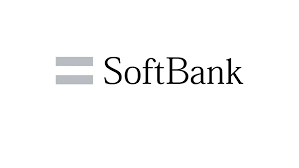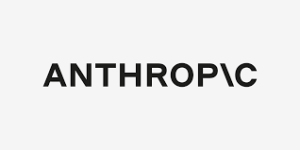When Manny Griffiths sought legal help following his wife’s car accident, he was struck by the lack of communication from their personal injury lawyer. The prolonged silence and opaque process left him and his wife frustrated. Upon investigating further, Griffiths discovered that nearly 44% of negative Google reviews for consumer-facing law firms stemmed from communication issues. Despite this, lawyers reported spending 37% of their day on client communication, according to a Hona survey of 41 lawyers.
Griffiths realized that clients, often under emotional and stressful conditions, simply wanted regular updates and clarity on their cases. Lawyers, on the other hand, faced constant interruptions, averaging every three minutes, which hindered their ability to communicate effectively. This insight led Griffiths and his co-founders to create Hona, a communication portal designed to bridge this gap.
Introducing Hona: A Communication Solution
Hona integrates with existing case management software used by law firms and automates client updates. This system allows clients to track their cases with the same ease as tracking an Amazon package. The concept quickly resonated with law firms, resulting in strong demand even before Hona’s official launch in February 2022.
To validate the concept, Griffiths and his team created product mockups using Figma and approached law firms before writing any code. Through cold-calling, they secured commitments from five firms. Based in Lehi, Utah, Hona continued to grow, increasing its revenue by 400% in 2023. Although exact figures were not disclosed, the company now serves over 500 law firms and 308,000 clients. Recently, Hona raised $9.5 million in a Series A round led by Costanoa Ventures, with contributions from Ludlow Ventures, Soma Capital, and Y Combinator.
Griffiths emphasizes that Hona is not intended to replace all lawyer-client communication but to reduce unnecessary calls and questions about legal terminology. Clients can message their lawyers through Hona and access educational materials about their case stages. AI generates case updates, educational resources, and answers to client questions. However, due to the sensitive nature of legal cases, Hona ensures accuracy by allowing lawyers to control what the AI system accesses.
Early in Hona’s development, law firms could upload approved topics, metrics, and case information for the AI to reference. This cautious approach means Hona’s AI model might grow slower than others, but it ensures higher initial accuracy. Preventing misinformation is a priority, and this method helps maintain reliability and client trust.
Focusing on Consumer-Facing Practices
Initially, Hona targets consumer-facing legal practices like personal injury and criminal defense. Griffiths believes these areas experience the most friction, as their clients are less familiar with legal processes compared to business clients. Hona plans to eventually expand into B2B law practices as well.
Hona continues to broaden its offerings. It recently introduced an e-signature tool for documents and plans to add services like billing and payments. This expansion aligns with Hona’s mission to support clients through stressful legal processes and to enhance efficiency for law firms.
Hona is dedicated to improving communication between law firms and their clients, ensuring clients stay informed and reducing the stress associated with legal cases. By automating routine updates and providing accessible information, Hona helps law firms operate more efficiently while offering clients peace of mind.
See also: Perplexity AI Expands In Japan Through SoftBank Partnership


















